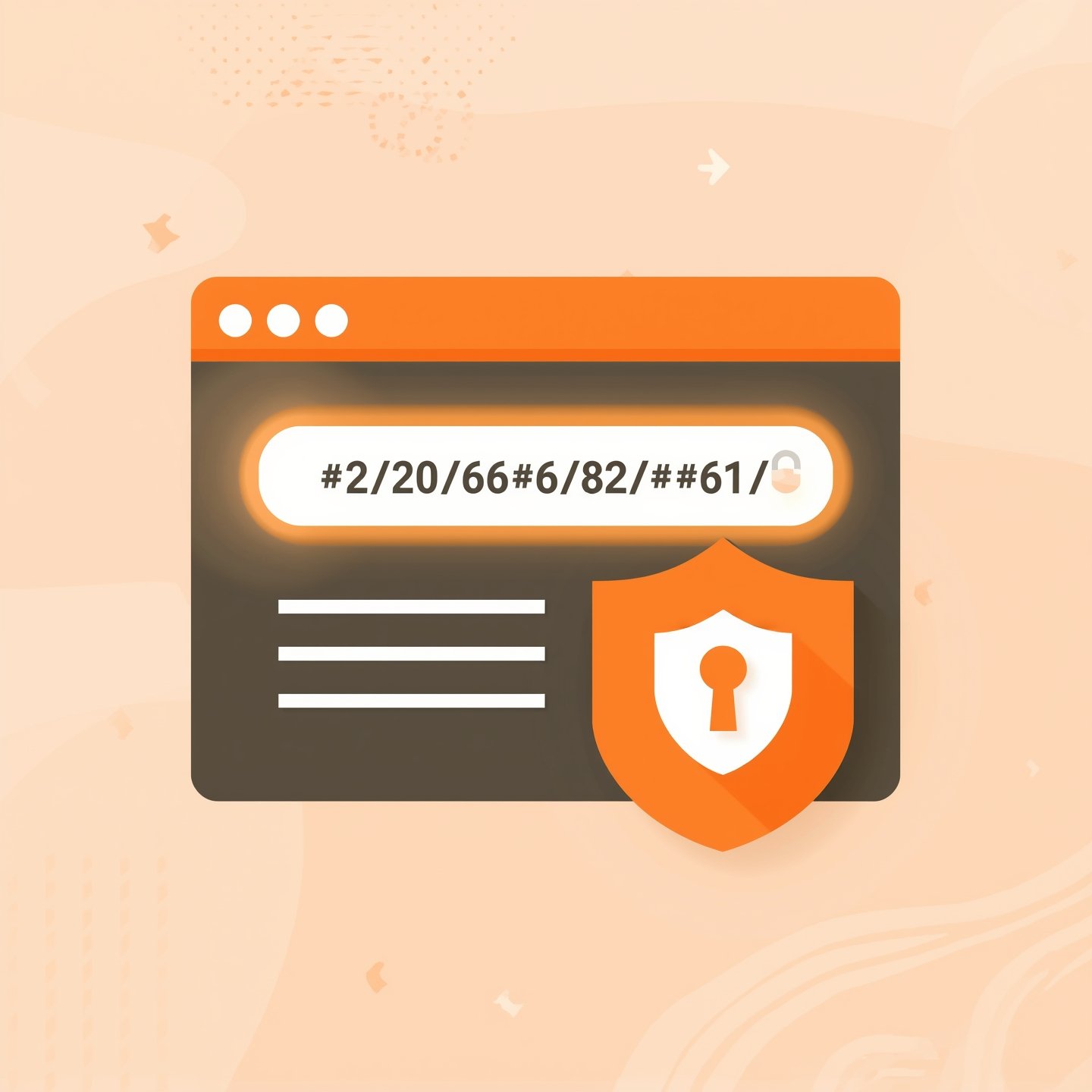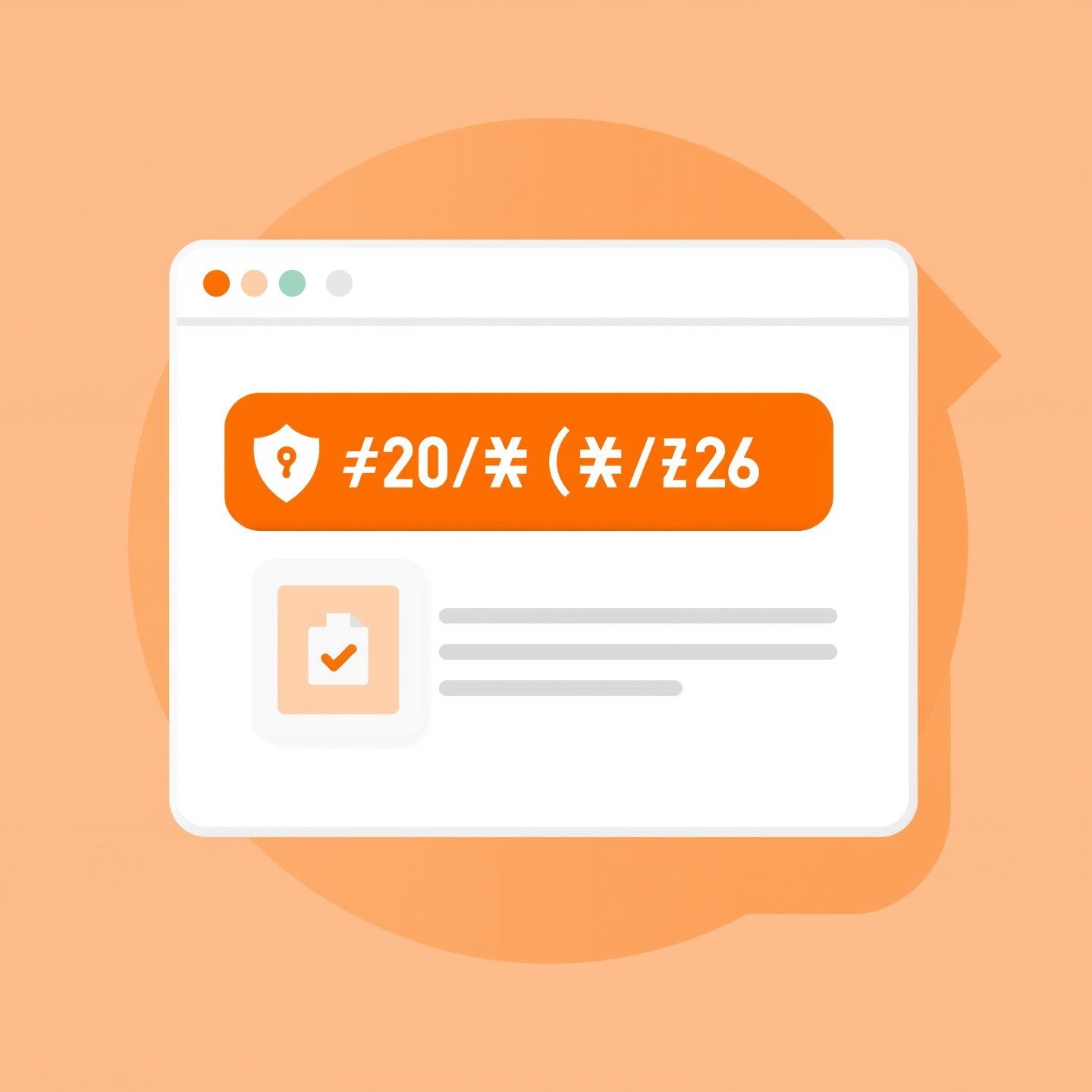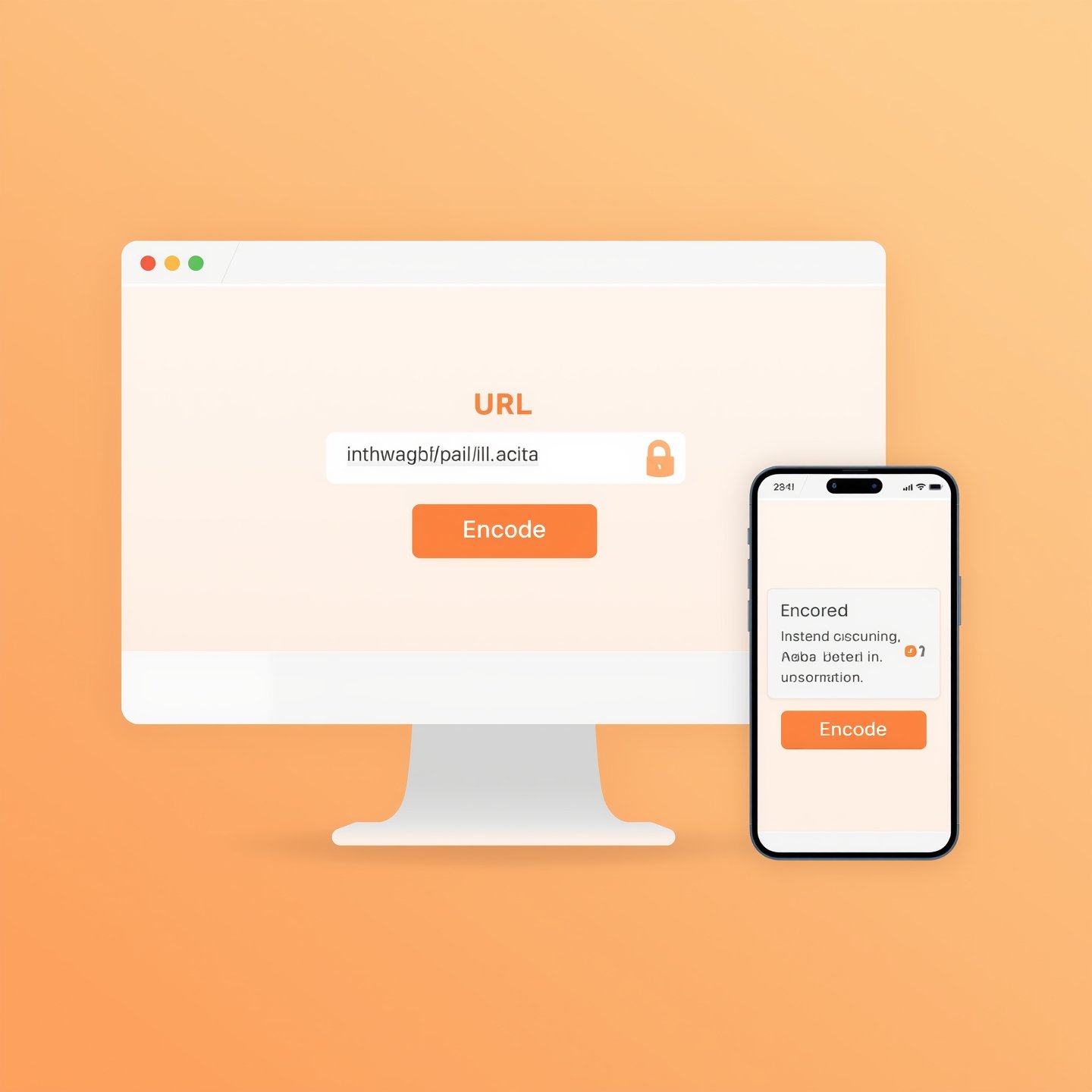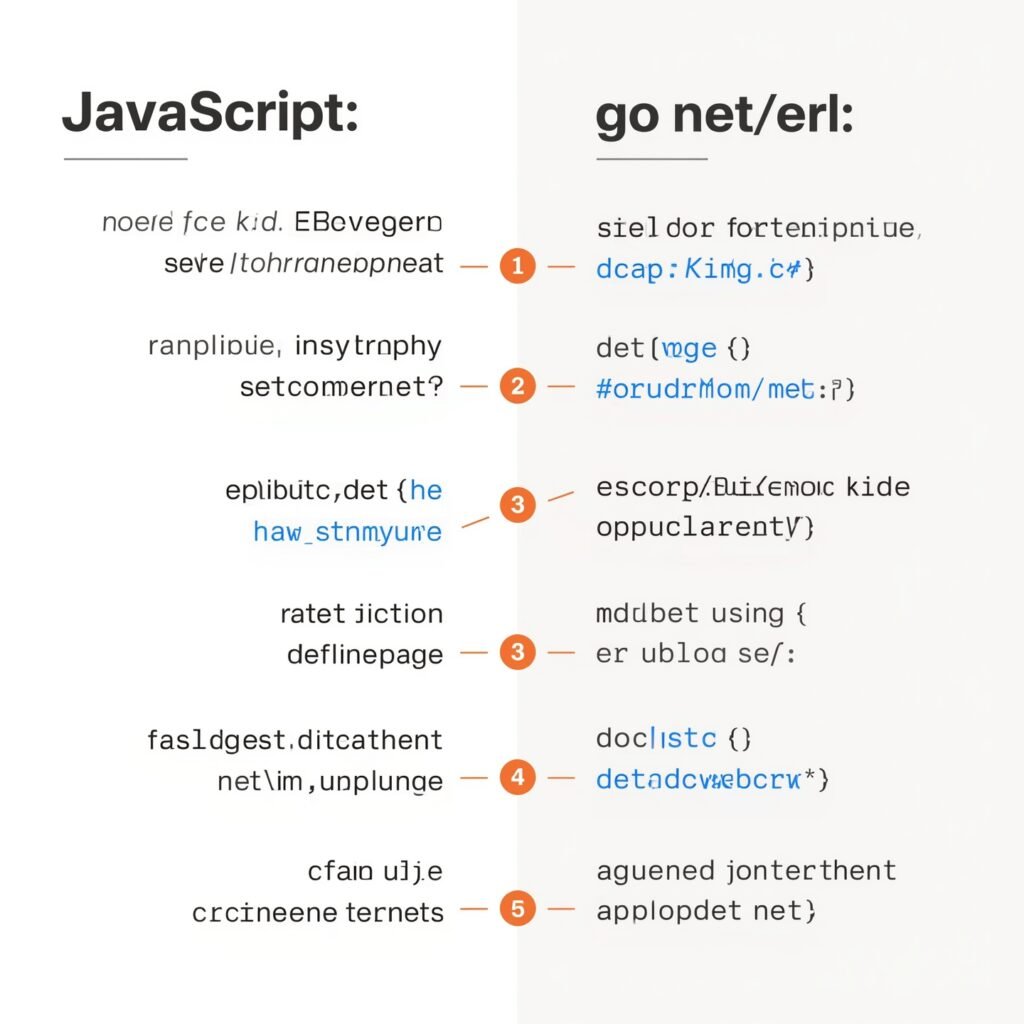Checker Tools
Text Tools
- Text separator
- Email extractor
- URL extractor
- Text size calculator
- Duplicate lines remover
- Text to speech
- IDN Punnycode converter
- Case converter
- Character counter
- List randomizer
- Reverse words
- Reverse letters
- Emojis remover
- Reverse list
- List alphabetizer
- Upside down text generator
- Old English text generator
- Cursive text generator
Developer Tools
Generator Tools
Image manipulation tools
- BMP to ICO
- ICO to JPG
- ICO to GIF
- ICO to PNG
- ICO to WEBP
- ICO to BMP
- GIF to JPG
- GIF to ICO
- GIF to PNG
- GIF to WEBP
- GIF to BMP
- HEIC to PNG
- HEIC to GIF
- HEIC to JPG
encode URLs. Instantly.
URL Encoder

Web development together with data transmission needs URL encoding for browsers and servers to correctly understand special characters in URLs. URL encoding fundamentals along with online tools and Base64 URL encoding and other encoding techniques constitute the focus of this guide.
What is URL Encoding?

During URL encoding a system replaces strings with a format that the internet can deliver securely. The set of allowable characters which URLs can support is limited so special characters like spaces as well as both ampersands (&) and question marks (?) need encoding with universally recognized formats. During encoding the system replaces each special character with a percent sign pair and subsequent hexadecimal values which then represent the ASCII values of those characters. URL encoding maintains an underscore constant because the character offers protection to internet communications.
URL Encode
URL encoding requires the change of specific characters to their formally encoded equivalents. URL Encoding replaces every space with %20 and every ampersand with %26. The encoding process protects URLs which work across systems of all types. Different programming environments include standard API features for URL encoding through the combination of Java URL encoding with URLEncoder.encode alongside Bash URL encoding with printf and jq utilities.

URL Encode Online
Users find numerous free online tools which automatically handle both URL encoding and decoding operations. Users on toolchecking.com/url-encoder/ or www.urlencoder.org can copy their URL into the interface before hitting the encode button to generate the correctly formatted output. Systems developers along with digital marketing professionals find such utilities beneficial since they work regularly with encoded URLs in their web applications. The Zoho applications benefit from Deluge encoded URL functions which work effectively on special characters

How to Encode URL
Programming language selection determines the particular method you must follow when encoding URLs. In JavaScript, you can encode a URL using the encodeURIComponent function:
let encodedURL = encodeURIComponent(“https://example.com/search?q=hello world”);
console.log(encodedURL); // Outputs: https%3A%2F%2Fexample.com%2Fsearch%3Fq%3d Hello%20world
All special characters found within URLs become encoded during transmission through this function which confirms their format’s safety. For Go URL encode operations programmers should utilize functions from the net/url package.
URL Encode Space
Spaces remain one of the characters needing encoding when building URLs. URL encoding changes spaces to two character sequences where the first part represents the percent number while the second part stands for hexadecimal 20 or it replaces spaces with a ‘+’ in query parameter form. For example:
Hello World → Hello%20World
search?query=hello world → search?query=hello+world
URL Encode Decode
During data communication URL encoding transforms text and decoding it back also occurs as part of the process. Organization of raw characters into URL-safe terms happens throughout encoding so decoding restores data to its original form. Programming languages commonly include native tools that enable URL encoding and decoding functions. Using java.net.URLDecoder developers in Java have access to tools to handle URL encoding and decoding. Bash URL encoding and decoding operations work with sed or printf as processing tools.
Passing “Hello World” into jq -sRr @uri commands an output of “Hello World”
In command-line environments this technique provides reliable treatment for unique characters.
Base64 URL Encode
The URL encoding process Base64 features another technique that encodes data while also complying with traditional URL standards. Standard Base64 encoding uses + and / while Base64 URL encoding replaces both characters with – followed by _, enabling data transmission through URLs. In Python, you can encode a string in Base64 URL format using the base64 module:
import base64
encoded = base64.urlsafe_b64encode(b”Hello World”).decode(“utf-8”)
print(encoded) # Outputs: SGVsbG8gV29ybGQ=
Among its various applications in modern computing you find it at work within OAuth tokens as well as encrypted data transmission protocols and API authentication methods.
Final Thoughts
Especially vital for web developers and digital specialists are skills in URL encoding because it serves critical functions for APIs, web applications and data communication through URLs. The mastery of URL encode techniques through online tools programming methods and Base64 URL encoding protocols ensures that we provide seamless user experiences in web applications. Three techniques exist for URL safety and reliability: Java URL encoding, Bash URL encode techniques, and Go URL encode functions. Proper URL encoding serves two essential purposes since it helps prevent errors and protect your web application from integrity issues.
Q: Why is URL encoding necessary?
The correct interpretation of special characters in URLs demands URL encoding to preserve data transmission by browsers and servers.
Q: Can I manually encode a URL?
You can execute manual percent-encoding on special characters or gain better efficiency by employing programmed encoding functions while benefiting from online encoding solutions.
Q: Typically how does URL encoding differ from Base64 encoding?
URL encoding functions to make special characters safe for URLs alongside Base64 encoding that works to convert binary data into safe-readable text strings.
Q: How do I decode a URL?
Standard JavaScript components enable URL decoding with decodeURIComponent as do Python protocols through urllib.parse.unquote.

